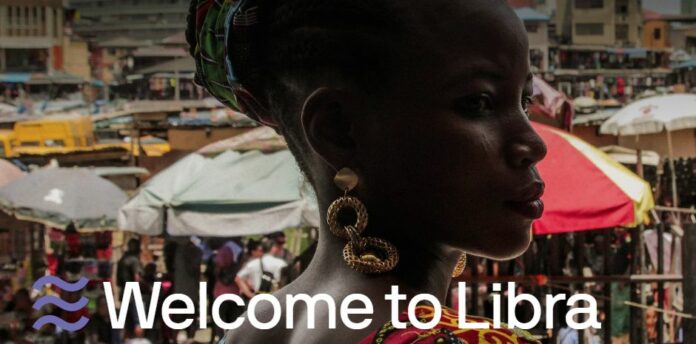When Bitcoin was first announced a little more than a decade ago, only a small group of early adopters and enthusiasts considered it a viable payment method for the future. Over the years, an ever-increasing number of people started using it, first as an untraceable method of payment on the dark web, later in increasingly “mainstream” places. The first Bitcoin exchanges and casinos emerged, and so did the first Bitcoin ATMs, helping users exchange their crypto coins into real cash. It wasn’t until 2017 when this new payment method received the media attention it deserved (when its exchange rate started growing like crazy). As more and more mainstream media outlets started covering it, new coins and “fintech” companies using the blockchain have emerged. The so-called “crypto bubble” winded down in time but it wasn’t without an effect: Facebook announced this year that it plans to launch its own blockchain-powered currency.
What is “Libra”?
The support of major internet companies like Facebook is the key for the future of cryptocurrency. This is why so many have received the news about Libra, the Facebook-backed cryptocurrency with so much enthusiasm. The enthusiasm grew even further as more and more companies announced that they are backing the project. Some even think that the news about Libra was responsible for the recent unexpected growth in Bitcoin’s exchange rate.
In short, Libra will be a private blockchain digital currency that will be managed by the nonprofit membership organization “Libra Association”, founded by Facebook. Facebook will not be a member of this association but its subsidiary Calibra (the company handling the wallet with the same name) will. It plans to offer a token that will be available for payments worldwide, with a stable value backed by assets and governed independently by the non-profit.
The Calibra wallet will be released as a standalone app and integrated with Facebook’s communication software Messenger and WhatsApp as early as 2020.
The backers
Libra will be managed by the Libra Association, an organization founded by Facebook and 27 more companies. Among the backers of the coin, we find major names like Visa, MasterCard, and PayPal, marketplaces like eBay and Booking.com, online services like Uber, Lyft, and Spotify, telecom companies like Vodafone, crypto exchanges, venture capitalists, and more. Each of them has contributed $10 million to the assets backing the currency – Facebook hopes that it will be able to gather 100 members into the association and have $1 billion behind Libra at its launch.
While Libra has many critics, its contribution to bringing a brand new means of payment into the mainstream is undeniable. If it proves to be a reliable and viable alternative to traditional money transfers that can bring quick and easy payments to everyone around the world, its contribution to the betterment of our digital life (and the spread of the blockchain) may prove invaluable.









